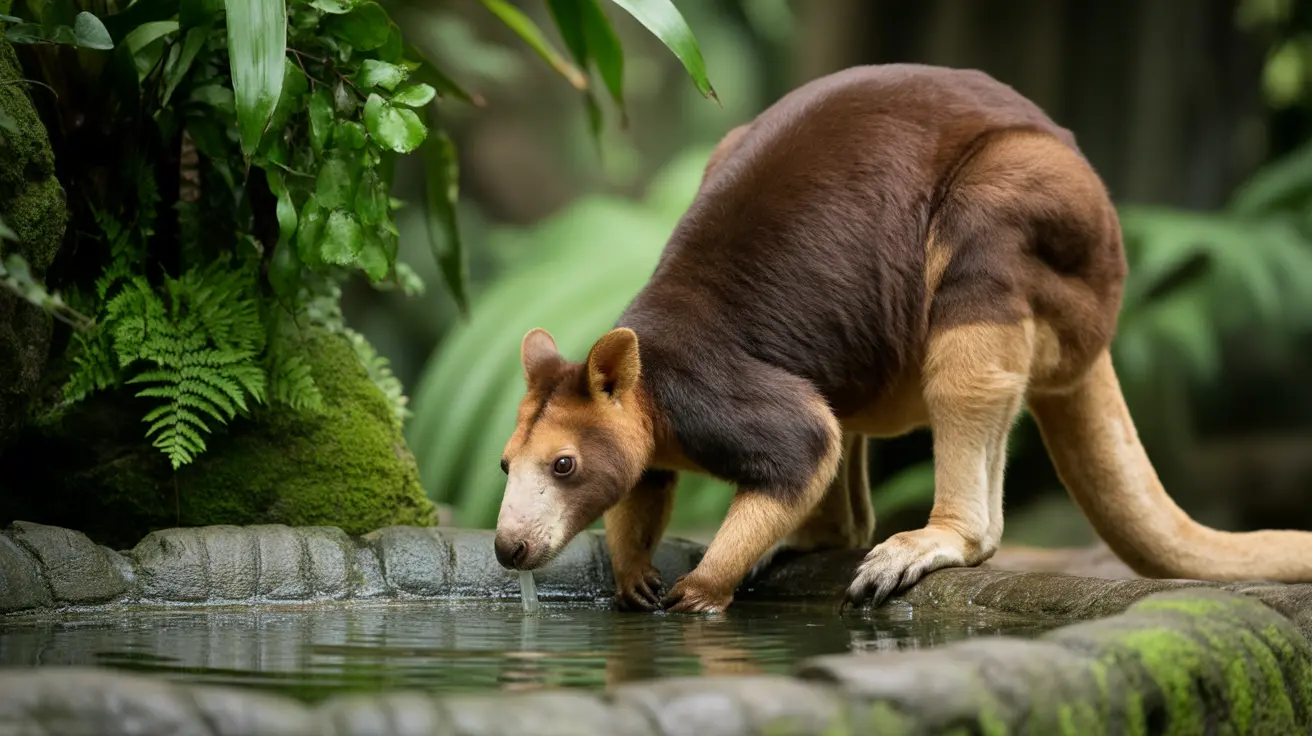Understanding the Chorkie: The Lively Chihuahua-Yorkie Mix
The Chorkie is a pint-sized hybrid that brings together the best of two beloved breeds: the feisty Chihuahua and the elegant Yorkshire Terrier. First bred in the United States during the 1990s, this crossbreed quickly captured hearts worldwide thanks to its manageable size, loving temperament, and spirited nature.
Physical Characteristics
Chorkies are unmistakably small, usually weighing between 3.5 and 10 pounds (1.6–4.5 kg) and standing about 6 to 10 inches (15–23 cm) tall at the shoulder. Their appearance can vary, but most have:
- A slender, delicate build
- Erect ears
- Coats ranging from long and silky to short and scruffy
- Colors including black, tan, brown, blue, silver, white, or combinations thereof
Some Chorkies sport solid-colored coats while others display striking mixes inherited from both parents.
Lifespan
With attentive care, these little dogs often live between 12 and 15 years. Their small stature helps them avoid many age-related health problems early on.
Temperament and Personality
If you want a dog with a big personality in a tiny package, look no further. Chorkies are:
- Loyal and loving—often bonding closely with one or two people
- Playful and confident
- Alert (sometimes quite vocal)
They make excellent watchdogs due to their protective instincts but can be wary of strangers. While they're intelligent and eager to please, some stubbornness can crop up—so patience is key during training.
Socialization and Training Tips
Early socialization is crucial for Chorkies. Without it, they might develop anxiety or excessive barking habits. Use positive reinforcement—think treats and praise—to encourage good behavior. Keep sessions short and engaging; these pups respond best when training feels like play.
- Start socialization young to prevent possessiveness.
- Expose them gently to new people and environments.
- Set consistent boundaries for barking or territorial behaviors.
Exercise Needs
This breed may be small but they're brimming with energy! About 30 minutes of daily exercise, including walks and interactive playtime, keeps them happy. Mental stimulation matters too—try puzzle toys or basic trick training. Because their joints are delicate as puppies, avoid over-exercising young Chorkies.
Grooming Requirements
Your grooming routine will depend on your Chorkie's coat type:
- Long-haired: Brush daily to prevent mats/tangles.
- Short-haired: Weekly brushing usually suffices.
No matter the coat length, all Chorkies need monthly baths, regular nail trims, ear cleaning, and especially dental care—these little dogs are prone to dental disease so brush their teeth often or use dental chews.
Health Considerations
This crossbreed tends to be healthy but can inherit conditions from both parent breeds:
- Patellar luxation (kneecap issues)
- Crowded/misaligned teeth leading to tartar buildup
- Tracheal collapse (causing cough/difficulty breathing)
- Puppy hypoglycemia (low blood sugar)
- Skin allergies or obesity if overfed
A balanced diet designed for small breeds plus regular vet visits help catch problems early.
Diet & Nutrition
Aim for high-quality food formulated for small active dogs. Many owners find that several small meals work better than one large serving per day. Focus on protein-rich diets with healthy fats; keep portions modest to avoid weight gain.
The Ideal Living Environment
Their compact size makes Chorkies well-suited for apartments or homes with limited space—as long as their exercise needs are met. They're best for adults or families with older children who know how to handle delicate pets; rough play can easily injure them.
Behavior with Children & Other Pets
- Tolerant of respectful children—supervise interactions!
- Avoid roughhousing; teach kids gentle handling skills.
If socialized early, they usually get along fine with other household dogs or pets.
The Right Owner for a Chorkie?
- Seniors seeking companionship
- Singles or first-time dog owners in urban settings
This breed thrives when not left alone for long stretches—they crave attention and can develop separation anxiety if neglected.
Busting Common Questions About Chorkies
- Lifespan: 12–15 years on average
- Barkiness: Can be vocal if bored/anxious
- Puppy price: $500–$1,500 depending on breeder/location
- No more than six hours alone recommended
- Satisfy exercise needs with daily short walks/play
The Origin Story
The Chorkie emerged in the early 1990s as part of the trend toward small "designer" hybrids. Though recognized by hybrid dog registries today, they're not acknowledged by major kennel clubs since they're not purebreds.
Caring For Your Chorkie: Quick Tips
- Praise-based training works best—be consistent!
- Tailor grooming routine to coat type; don't skip dental care!
- Keenly monitor diet/weight; portion control matters!
- Nurture strong bonds through companionship—not too much alone time!
- Mental stimulation keeps boredom at bay—think toys/tricks!
If you're looking for an affectionate companion that's adaptable yet lively—and you don't mind some grooming—a Chorkie could be your ideal pet partner. Just be ready for their big personality packed into such a tiny frame!





